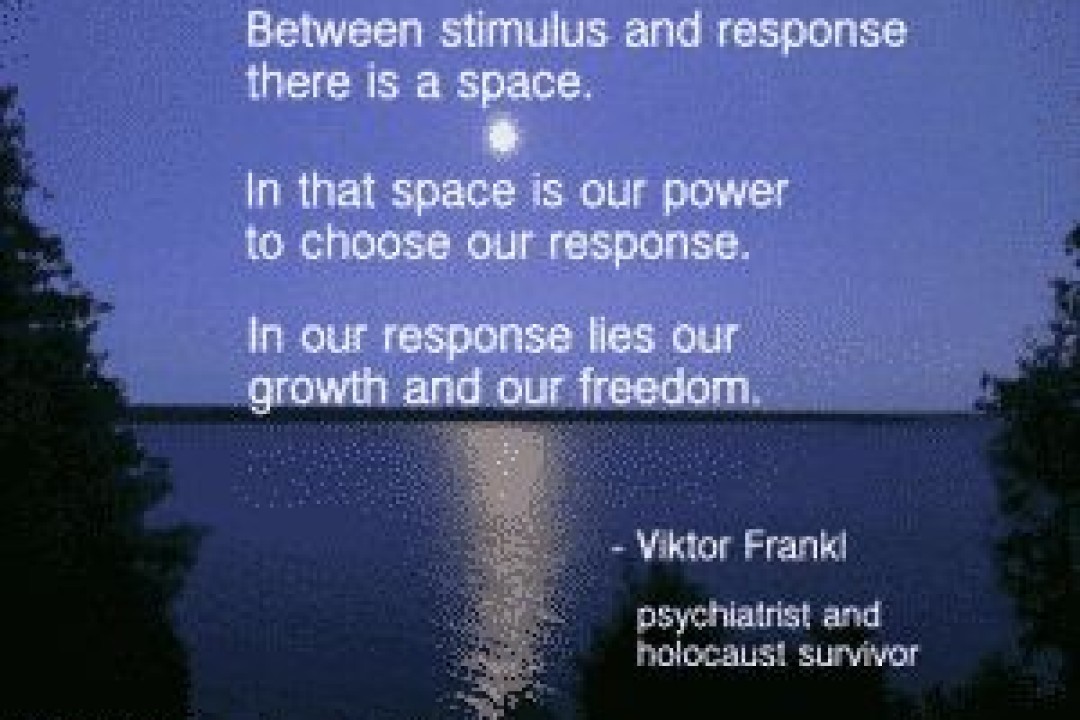Ask An Expert: Anna (Narrative Therapist)
May 5th, 2017 Interviews
Today’s expert is Anna – a Narrative Therapist and HypnoBirthing practitioner based in Christchurch.
=========
Mrs D: What is your experience of working with people struggling with addiction?
Anna: I was drawn to working in the addiction field when I began training as a counsellor. I’ve always believed that it’s a hefty problem in our culture, and my own life experience has drawn me to want to learn more about addiction and to support people in dealing with their addictions or addictive behaviours. While studying narrative therapy I worked on placement at Higher Ground Drug and Alcohol Rehabilitation in Auckland, and then at Problem Gambling. Once I was qualified I worked as a counsellor and self-development facilitator at Walsh Trust. In this role I was supporting people with mental health diagnosis but they often had drug and alcohol dependencies as well. Currently, I work as a counsellor at the Women’s Centre in Christchurch. It would be fair to say that a significant number of my clients use alcohol as a crutch. Many of our conversations revolve around self-care and self-worth and the role alcohol plays in these women’s lives.
Mrs D: Can you describe the Narrative Therapy approach?
Anna: Narrative therapists are trained to be non-judgemental in their approach, strengths-based and client-centred. People often approach a problem in their life saturated in the ‘problem story’ and the problem’s impact on their life. Narrative therapy is a form of therapy that seeks to go wider and help people identify their values and the skills, knowledge and strengths they have to live in accordance with these values, so that they can effectively confront their issues and live a life they truly want.
Mrs D: Can you expand on what you mean by ‘problem story’?
Anna: People usually seek out therapy because they have a problem or series of issues that have overwhelmed them and that they feel the need to address. For example, I might seek counselling at CADS (Community alcohol and Drug service) because I am worried about my drinking. In this case, my problem story is my drinking. To seek counselling for this problem I have probably built up a story in my head in terms of my relationship to alcohol. This story might include my awareness of alcoholism in my family or genetic makeup. It will possibly include the numerous times I have consumed alcohol and the over-indulgence. I probably remember times when I have let myself down by drinking alcohol, let other people down, become ill, felt guilty, despised myself and felt out of control. I have probably decided, to some degree, that alcohol has more control over me than I have over it. My ‘problem story’ related to my drinking has consumed me.
Mrs D: So how specifically would you bring a narrative therapy approach to someone struggling with addiction?
Anna: As a person, and a narrative therapist, I’m not interested in pathology. I am more interested in the person, what makes them tick and what their values, strengths and dreams are. I’m therefore interested in what people enjoy about their ‘dependency’, as much as what they do not enjoy. Allowing people to get in touch with what they enjoy about their habit brings it into the light, rather than repressing it, and can also highlight the values inherent in the behaviour. Part of the enquiry involves allowing clients to see why they want to make changes and this is usually highlighted by asking questions such as “What does alcohol offer your life currently?” “Or what do you enjoy about your drinking currently?” “What don’t you enjoy?” “What does your dependency on alcohol prevent you from doing?” “What are the values you hold dear to your heart that encourage you to deal with your drinking issue?” Some people like to make lists to help them identify and externalise their values.
Mrs D: I can see that those questions would be very powerful to answer…
Anna: Externalising is another key component of narrative therapy. I’ll ask questions like “If alcohol was a person or animal what would it be/look like?” “What would it say to you to lure you into its trap?” “What would it sound like?” This is an effective technique. But the process also involves discovering alternative stories to the problem story, by asking questions like “Have there been times in your life when you have resisted the temptation and how did you achieve this?” “What was different?” How was the experience?” Bringing to light these alternative stories also highlights client’s strengths and what they have done in the past to manage their issues.
Mrs D: This would be so helpful because often we’re feeling anything but strong toward the end of our drinking days. I’ve also heard you mention the ‘miracle question’. Can you explain that?
Anna: The ‘miracle question’ is another therapeutic tool that I find very effective with clients. “If you were to wake up tomorrow and you were happily alcohol-free, what would be different?” Or “If you were to wake up in a few months and your life was the way you’d like it to be, how would things be?” or “How would you be different?”
Mrs D: How important is it for the people you work with to have a network of support around them?
Anna: Any person, especially when they are going through significant changes, needs support and community. Audience questions are an important aspect of narrative therapy. “Who is someone in your life now, or even someone who is no longer alive, who loves and admires you?” If they were in this room now, what would they probably say about the changes you want to make in your life?” “What might they say about the strengths you have to achieve your dreams/goals?” “How might they encourage you?”
Mrs D: Anything else you’d like to add?
Anna: Motivation is key. Individuals need to want to make a change in how they live their lives. This is at the heart of any therapy really. And remember … at the end of the day – and excuse the cliché – you are the expert in your own life.
==========
You can visit Anna’s website here.
Continue reading
Sober Story: Derek
This week’s Sober Story comes from Derek, a 50 year-old living on the Kapiti Coast.
February 10, 2016
Sober Story: Anna
"I learned that I’m a very anxious person! I’d always been a bit highly-strung, but I suppose all the booze helped to mask how deep that really went."
October 7, 2022
August - Meditation
Meditation – by @suek ======== I have long been fascinated by meditation.
August 9, 2023
Ask An Expert: Cheryl (Mindfulness teacher)
Today’s expert is Cheryl – a mindfulness practitioner who runs courses and retreats through her company Mindfulness 4u.
March 8, 2017


